Bernie Sanders
Struggling with a health challenge is a big issue, no matter who you are. You end up with concerns around your future, your family’s future, loss of income, and so many other stressors that accompany health issues of all kinds.
If you’re struggling with a health problem that you fear will hold you back from going after your dreams, you’ll be inspired by this list of world leaders who’ve refused to let major health problems hold them back from accomplishing big things, including leading movements, cities, states and even countries…


Sanders has had to overcome gout, esophageal reflux, benign skin tumors, hernia surgery, the removal of a small cyst from his vocal chords, and most notably, bouts with diverticulitis. He’s risen above his various health issues however, and has served as the junior United States Senator from Vermont since 2007.
Bill Clinton


Since leaving office, Clinton underwent a quadruple bypass surgery on his heart in 2004, as well as surgery for a collapsed lung in 2005. He then received two coronary stents in his heart in 2010. Despite these health issues however, the 42nd President of the U.S. continues to lead a life of service through his organizations, such as the Clinton Global Initiative, which tackles issues such as public health and poverty.
Ronald Reagan
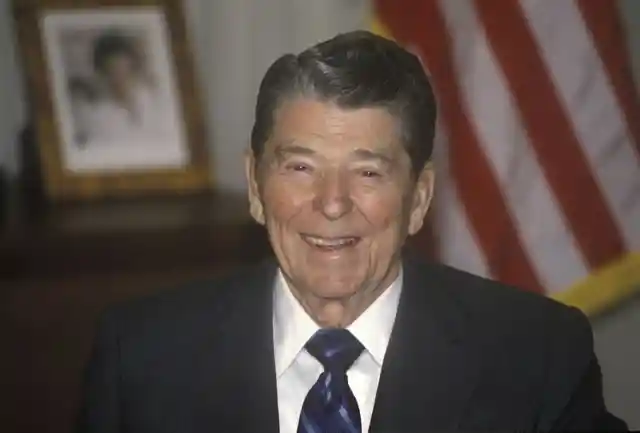

President Reagan underwent surgeries to remove cancerous polyps from his colon, to treat an enlarged prostate, to treat Dupuytren’s disease, and three separate ones to remove cancerous skin cells from his nose. He also suffered from arthritis, regular UTIs, and temporomandibular joint disease. Despite all of this, Reagan was an active President who left office with one of the highest approval ratings in history.
John F. Kennedy
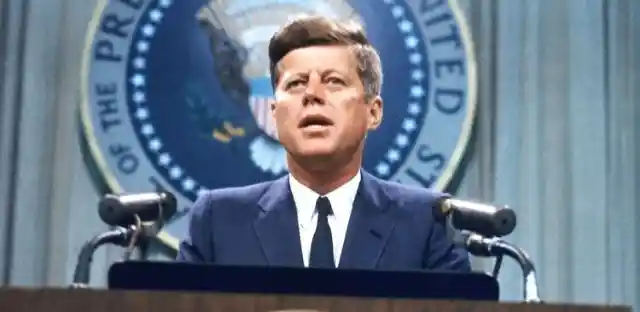
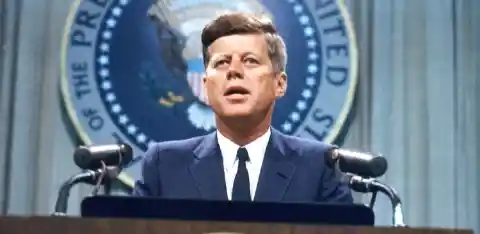
The 35th President of the U.S. suffered from colitis, prostatitis, and Addison’s disease. He also had osteoporosis in his lower back, causing pain to the point where he was unable to perform simple tasks, such as tying his shoes. While on several medications for these ailments, Kennedy’s performances during times of crisis are legendary, and he’s considered one of the greatest leaders in the history of the U.S.
Joe Biden
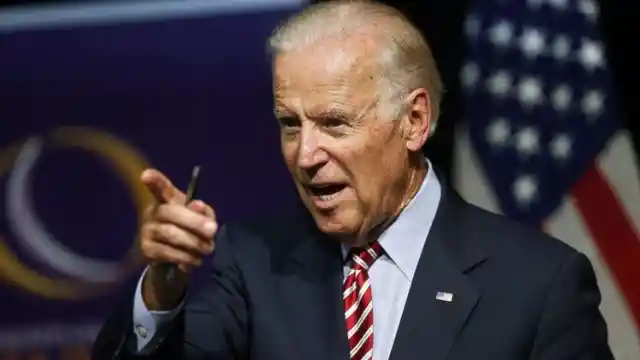
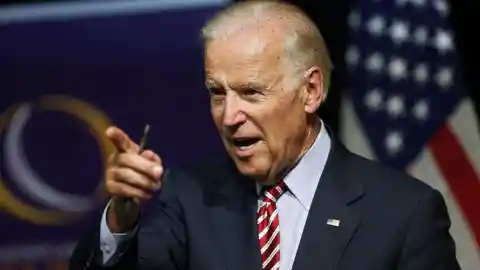
In 1988, Biden needed two brain surgeries to deal with cranial aneurysms. Biden said that they took a saw and literally had to cut the top of his head off. Despite being given less than 50% odds of coming out without brain damage, Biden pulled off the improbable and later went on to become the 47th Vice President of the U.S.
Richard Nixon
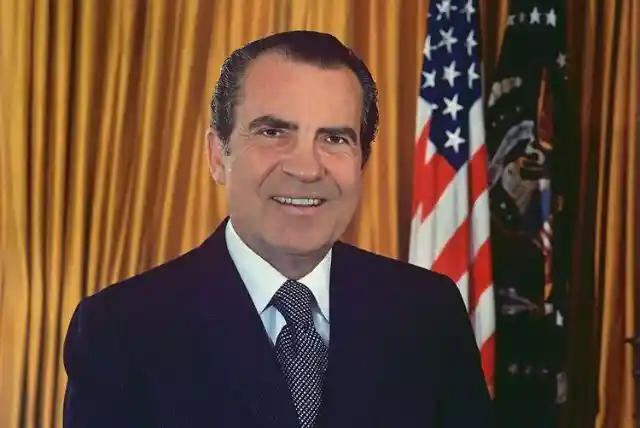
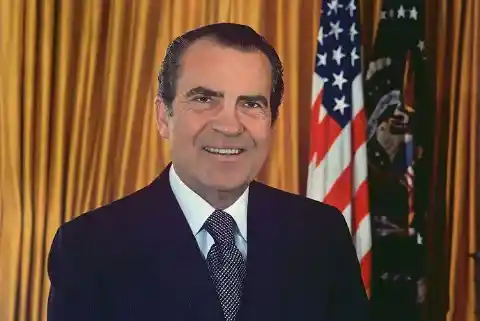
It’s come to light recently that the 37th President of the U.S. took a number of different drugs to alleviate mental and emotional stress, including amphetamines – an insomnia medication now labelled as a class-2 drug, anti-anxiety pills, and Valium. Nixon’s battles with anxiety however didn’t keep him from bringing a peaceful end to the Vietnam War, ending the draft, and passing an array of environmental legislation.
George H.W. Bush
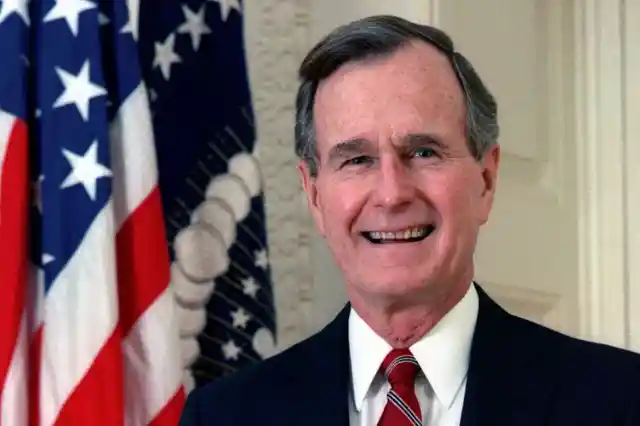
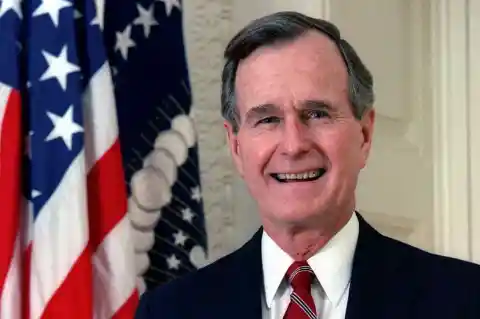
George Bush Sr. almost died from a staph infection. He suffered from arthritis, bleeding ulcers and cysts throughout his life, was hospitalized for atrial fibrillation in 1991 and was eventually diagnosed with Graves’ disease. Despite all of this, he was the youngest Navy Aviator in history (at the time), and served as Vice President to Ronald Reagan for eight years before succeeding him as President in 1989.
John McCain
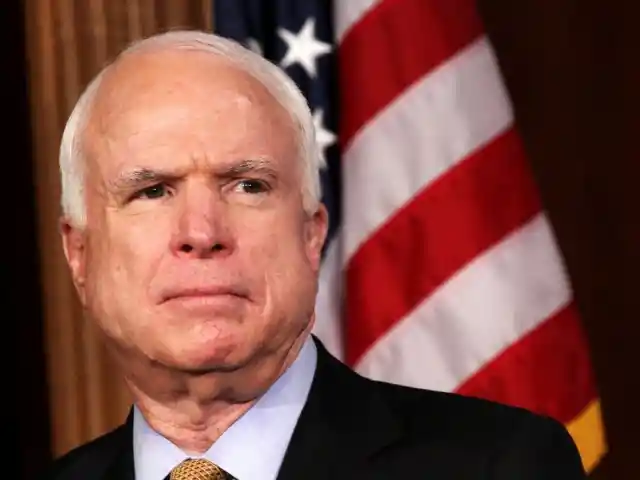
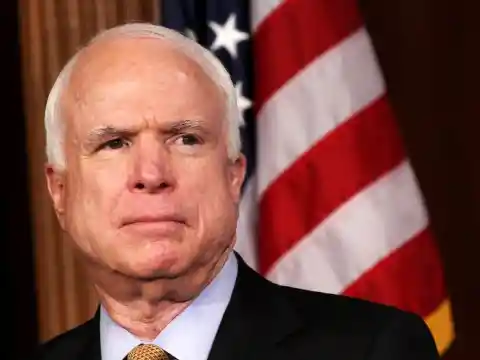
During the Vietnam war, McCain’s plane was shot down, causing him to break both of his arms and one of his legs. He spent the next five years as a POW in Hanoi, facing solitary confinement and repeated torture. Later in life, he twice overcame battles with skin cancer and went on to win the Republican Presidential primary in 2008. McCain is now the Chairman of the Senate Committee on Armed Services.
Rudy Giuliani
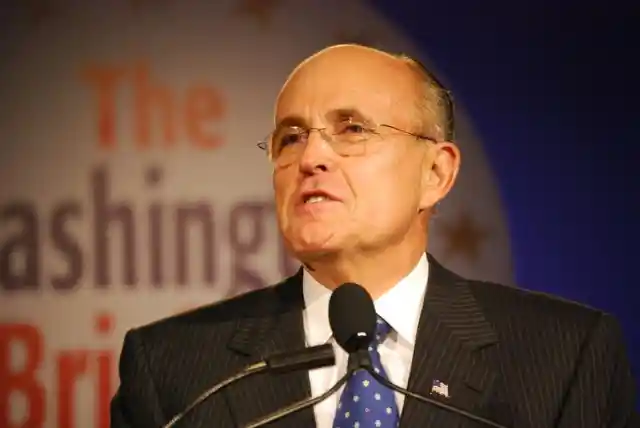
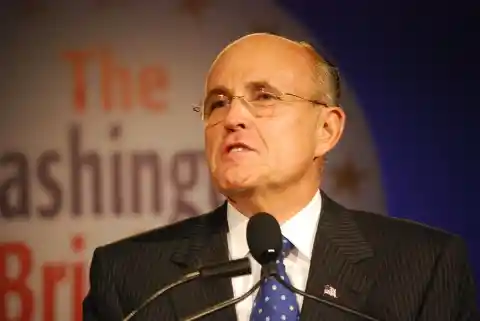
During his time as mayor of New York City, Giuliani was diagnosed with prostate cancer, which reduced him to a shadow of his former self. When the 9/11 attacks took place however, he rose to the challenge, saving tens of thousands of lives with his coordinated rescue operations. He inspired the country during the crisis, and will forever be remembered as one of the greatest mayors in the history of New York.
Abraham Lincoln
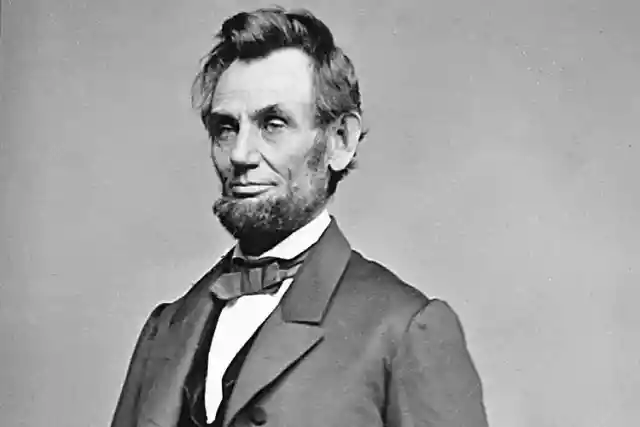
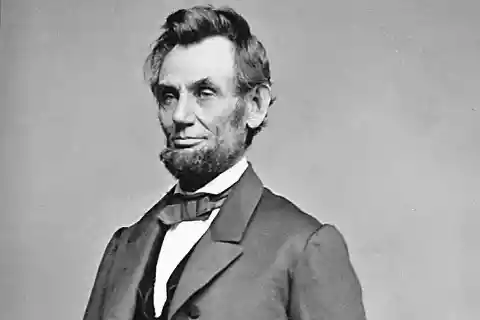
The 16th President of the United States was described by friends as “the most depressed person they’d ever seen.” Though cheerful in his youth, a series of personal tragedies had a depressive effect on him. And yet, Lincoln became one of the greatest Presidents in U.S. history. He revitalized the American government and economy, successfully preserved the Union through a Civil War and forever ended slavery in the United States.
John Kerry


In 2003, Democratic Senator John Kerry was diagnosed with prostate cancer. He underwent a rigorous operation to remove the cancer, and in a show of grit and determination, recovered from his surgery and cancer-scare to continue his Presidential campaign – going on to win the Democratic nomination and only narrowly losing the Presidency. He’s served as the U.S. Secretary of State since 2013.
Princess Diana


Diana struggled with severe depression and bulimia, divulging in a 1995 interview that she had harmed herself on numerous occasions. Biographers have since concluded that she had Borderline Personality Disorder. While at times overwhelmed, Diana rose above her difficulties, using her fame to raise awareness and funds for numerous humanitarian causes and charities.
Martin Luther King Jr.
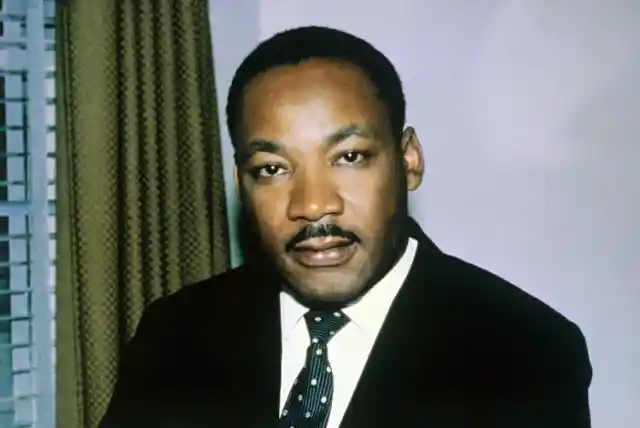
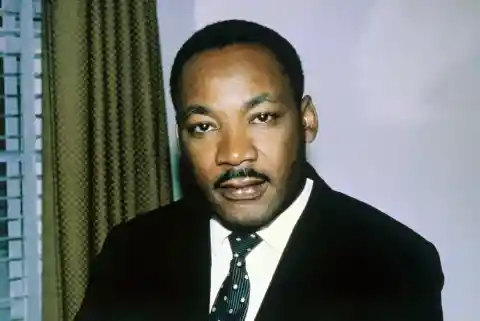
MLK, the iconic leader of the Civil Rights Movement of the 1960’s, suffered from severe depression. King tried to commit suicide twice, and was afflicted with further bouts of depression throughout his life. King rose above however to fight a system that perpetuated racial injustices, and in large part due to his passionate leadership, Congress eventually passed the Civil Rights Act of 1968.
Franklin D. Roosevelt
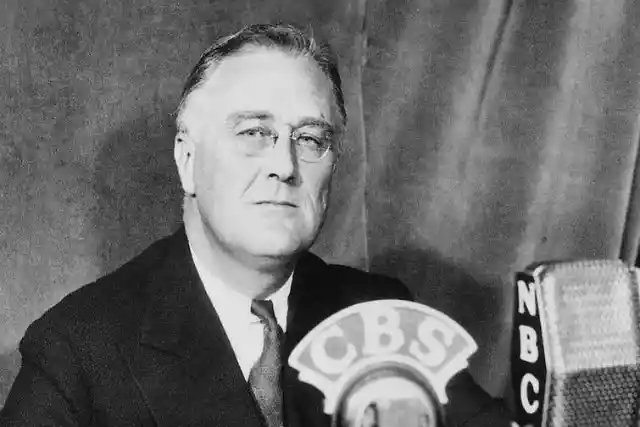
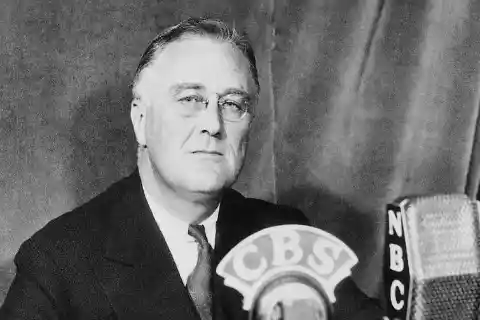
One of the greatest Presidents in American history, FDR suffered an extreme polio attack in 1921 that left him paralyzed from the chest down. He never again regained motor function in his legs and was confined to a wheelchair or forced to use crutches to walk or stand for the rest of his life. FDR’s political power was however undiminished, as he went on to win a record four Presidential nominations.
Lyndon B. Johnson
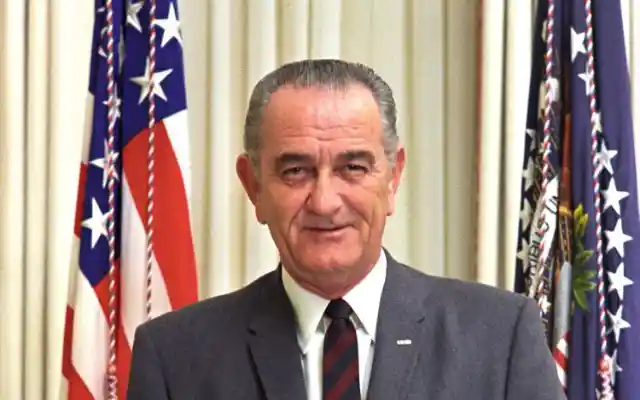
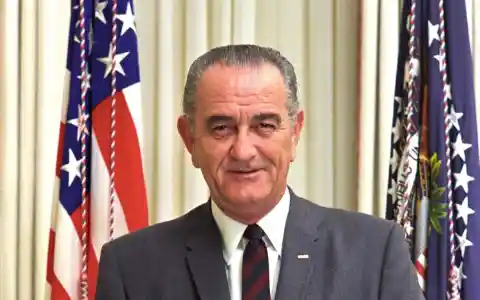
The 36th President of the United States had troubles with his kidneys, had his gallbladder removed, and most notably had chronic heart issues, including four heart attacks. Despite his many serious health problems, Johnson carried America forward after the tragic Kennedy assassination, won his first Presidential election by the largest margin in U.S. history, and signed the Civil Rights Act into law.
Dwight D. Eisenhower
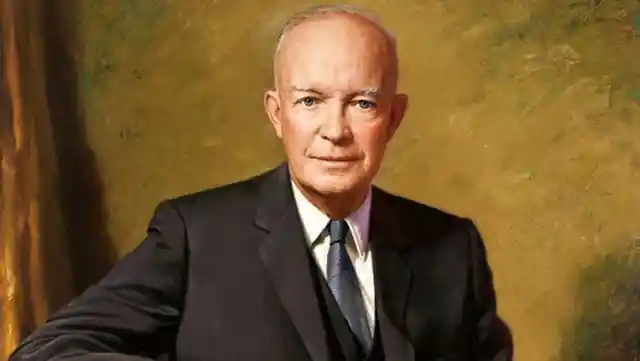
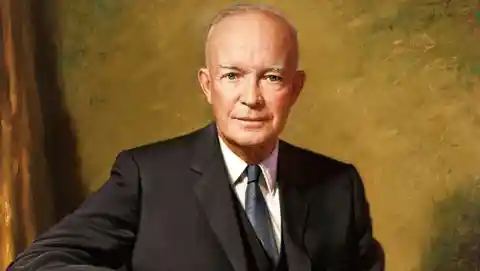
While serving as 34th President of the U.S., Eisenhower suffered a major heart attack, was diagnosed with Crohn’s disease, and had a stroke. Incredibly though, he was undeterred, going on to end the Korean war, stabilize tensions with the USSR, and facilitate the civil rights movement, along with economic growth and prosperity. He even handled the Suez Crisis from his recovery bed, post-Crohn’s surgery.
Andrew Jackson
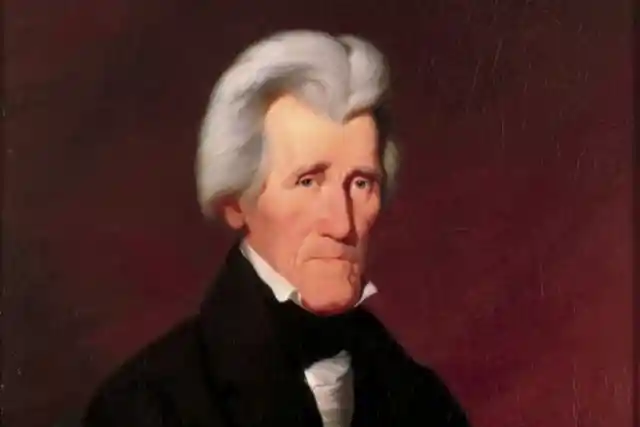
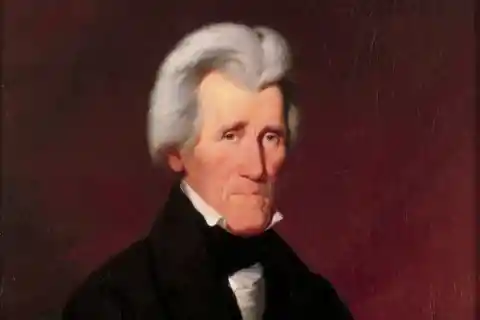
The 7th President of the U.S. suffered from failing vision, decaying teeth, and recurring headaches. He dealt with malaria and parasites, and also had abdominal pains and bleeding in his lungs from two bullets lodged in his body from duels. None of this stopped him from keeping South Carolina from seceding from the Union, founding the Democratic Party, or dismantling the corrupt Second Bank of the United States.
Patrick Kennedy


Representative of the House Patrick Kennedy publicly has had lifelong struggles with addiction to alcohol and prescription pills, a mechanism to deal with depression, bipolar disorder and intense anxiety. In 2006, he even crashed his car into a Capitol Hill police barricade in the middle of the night. Kennedy turned things around however, and became a chief sponsor of the 2008 Mental Health Parity Act.
Arlen Specter
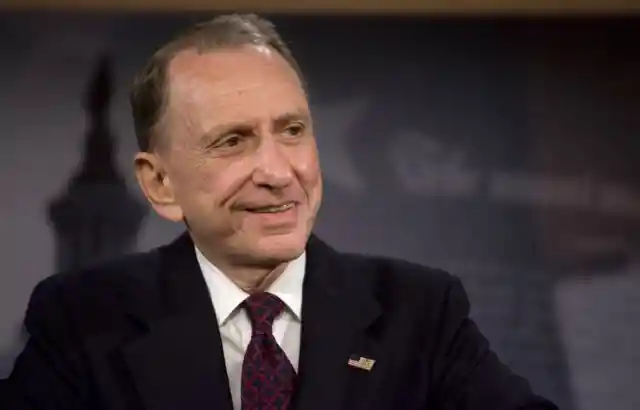
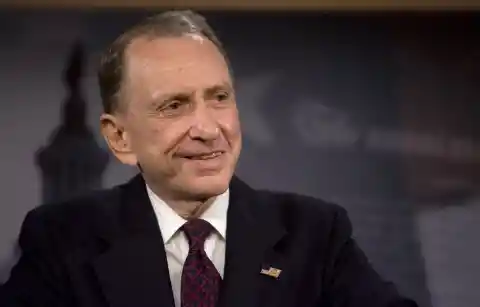
The Pennsylvania Senator survived two major surgeries during the 1990’s: one to remove a cancerous brain-tumor, and a heart bypass surgery to remove arterial blockages. Undeterred by these brushes with death, the wildly popular Specter went on to complete nearly 30 years of service in the Senate. He eventually passed away in 2012 due to complications from Lymphoma.
Thomas Eagleton
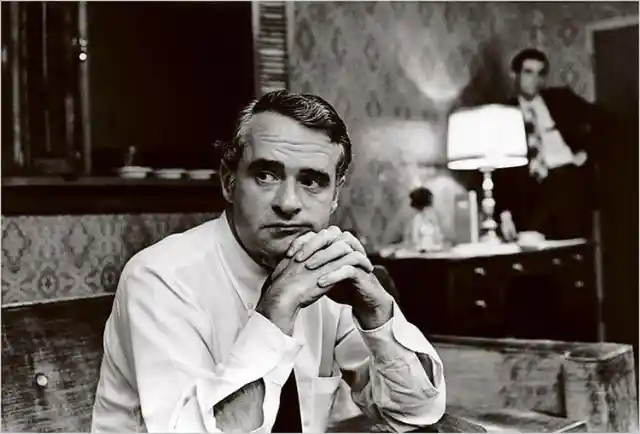
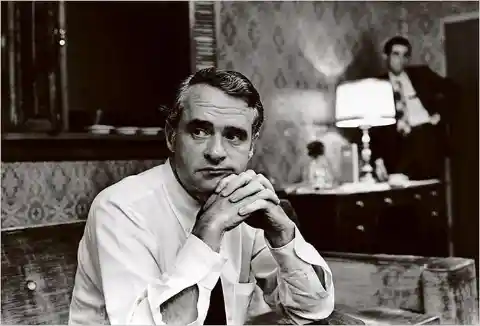
Thomas Eagleton was a Missouri Senator who struggled with depression throughout his life. He was hospitalized multiple times and went through at least two rounds of electroconvulsive shock therapy. The public stigma against mental illness in the 1970’s was so great that Eagleton was forced to withdraw from the VP ticket. Eagleton however shook off the media’s attacks, and served in the Senate for another 15 years.
Ruben Gallego
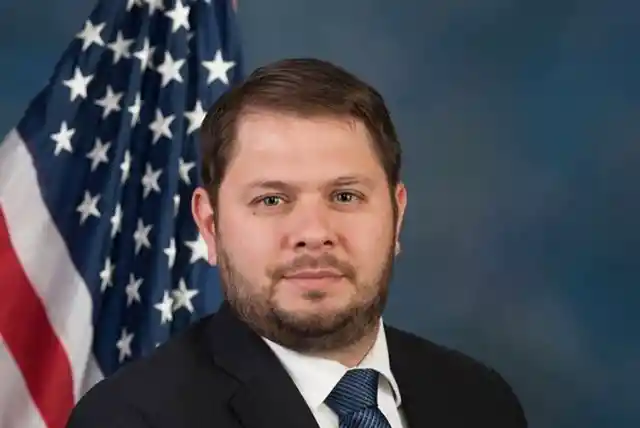

Before Ruben Gallego became an Arizona Congressman, he completed a tour of duty in Iraq as a Marine infantryman. Upon returning from Iraq, Gallego experienced intense anxiety and trouble sleeping, and eventually sought treatment for PTSD. After a long recovery, Gallego was elected to the Arizona House of Representatives in 2011, where he successfully introduced a bill to grant veterans in-state tuition.
Woodrow Wilson
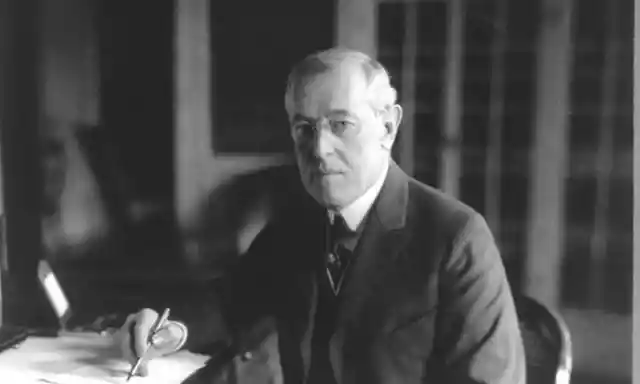
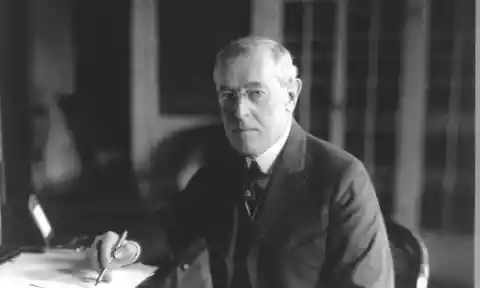
The 28th President of the United States, Wilson suffered through a series of incapacitating strokes that left him bed-ridden for weeks at a time. Even with these struggles, Wilson lead America through WWI, wrote the “Fourteen Points” peace principles for the Versailles Treaty, created the League of Nations and the Federal Reserve, and helped pass the 19th amendment (giving women the right to vote).
William Taft
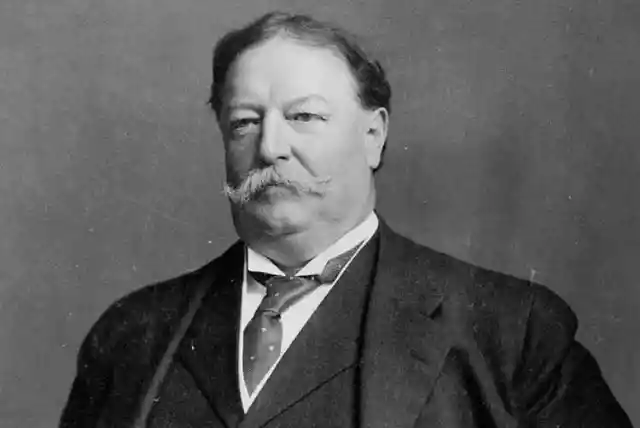
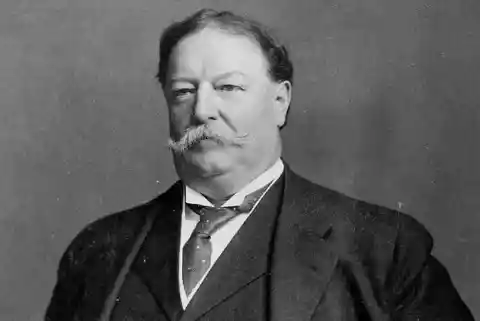
William H. Taft, the 27th President of the United States and the 10th Chief Justice of the Supreme Court, was overweight his entire life, reaching morbidly obese levels during his Presidency. His weight troubles led to chronic heart problems, high blood pressure and sleep apnea.
Though his health issues were a lifelong struggle, Taft lived a long, fruitful life of public service, and instituted laws during his Presidency that remain in force today.
Grover Cleveland
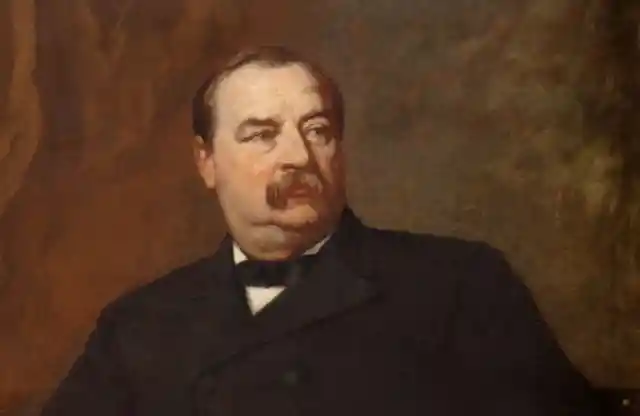
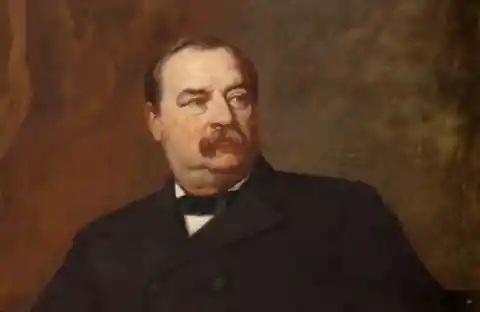
The 22nd and 24th President of the United States suffered from lifelong obesity, gouty arthritis and nephritis, and inflammation of the kidneys. He also had required surgery for a tumor in his mouth, which left him permanently disfigured and forced him to wear a dental prosthesis. Despite his health troubles, Cleveland went from Mayor of Buffalo, to Governor of New York, to President of the United States within 3 years.
Donald Trump


As a youth, The Donald underwent an appendectomy, which is performed when the appendix becomes inflamed due to bacteria and/or pus. Trump then wasn’t drafted into the Vietnam War, partly because his physical health was “not acceptable for military service.” So while he’d like you to believe that he possesses perfect health, he’s actually had to overcome notable struggles to get to where he is today.
Warren Harding
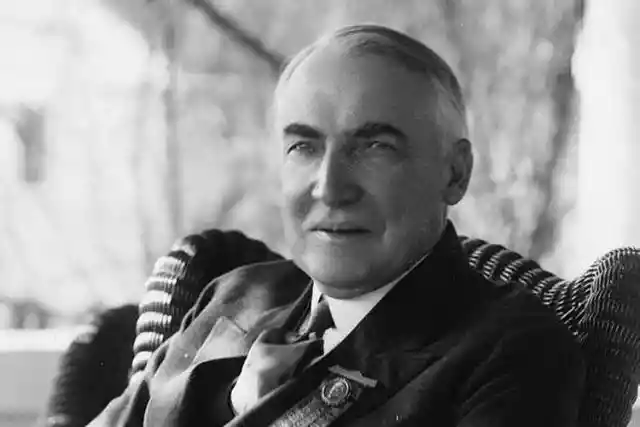
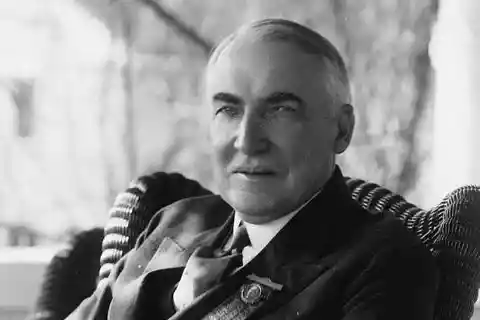
Warren Harding’s early life was fraught with health issues. His fragile mental health affected his physical health as well, leading to extreme weight-gain, insomnia and further issues with fatigue and exhaustion. But Harding managed to overcome his difficulties, and moved from the Ohio legislature, to Ohio Lieutenant Governor, to Michigan Senator, to President of the United States, over the course of 22 years.
Winston Churchill
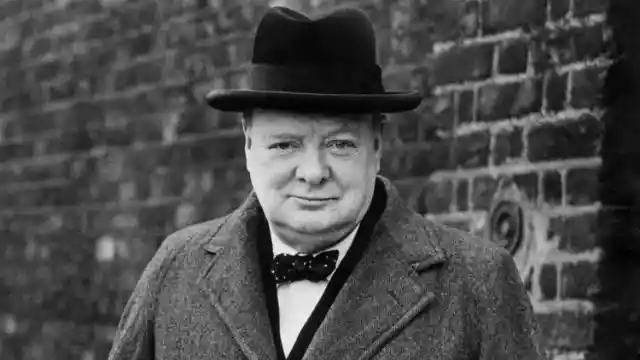
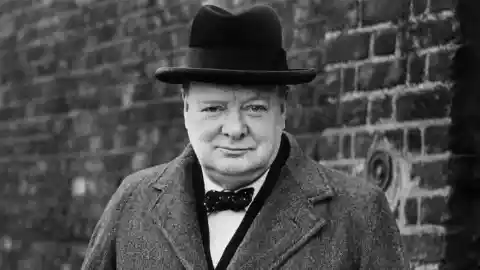
The British Prime Minister during World War II, Churchill struggled with depression for most of his life. Much like Abraham Lincoln during the Civil War, Churchill’s depression seemed to lend him much strength during times of crisis. At the outbreak of World War II, Churchill was appointed British Prime Minister, and went on to lead the country from the brink of destruction to victory over Nazi Germany and the Axis powers.
Lawton Chiles
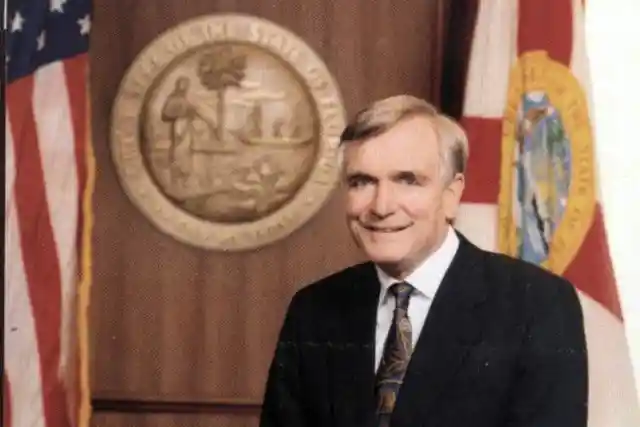
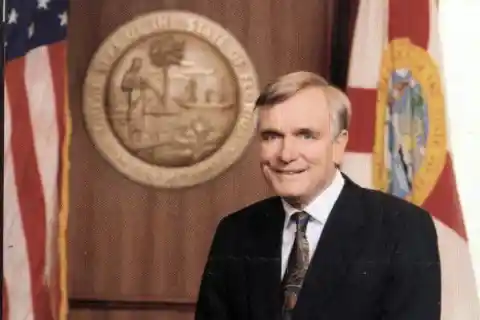
Following a quadruple-bypass heart surgery in 1985, Chiles grew increasingly frustrated with politics. “Burned out,” he left office after his third term, ending 18 years as a United States Senator. Shortly after his resignation, Chiles developed severe clinical depression, and had troubles with digestion and insomnia. Chiles wasn’t beaten down for long, however. He returned to politics in 1990, ran for Florida Governor and won by a landslide.
Lucien Bouchard
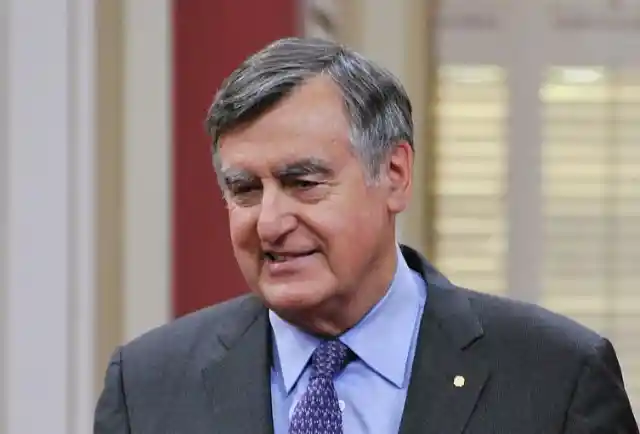
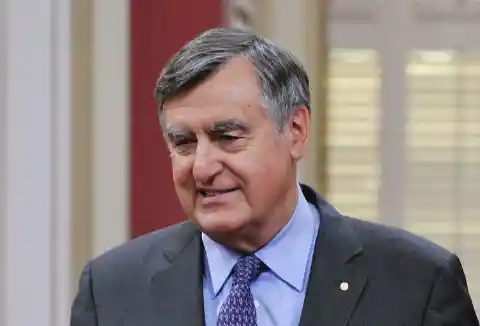
Former Canadian politician Lucien Bouchard was afflicted by a bacterial infection called necrotizing myositis, in 1994 – a rare bacterial infection is known as “the flesh-eating disease.” Bouchard’s battle with necrotizing myositis included several operations and ended in a leg-amputation.
After a slow recovery, Bouchard showed remarkable perseverance by leading the Bloc Québécois until late 1995, and then became premier of Quebec in 1996, leading the Parti Québécois for the next 5 years.
Greg Abbott
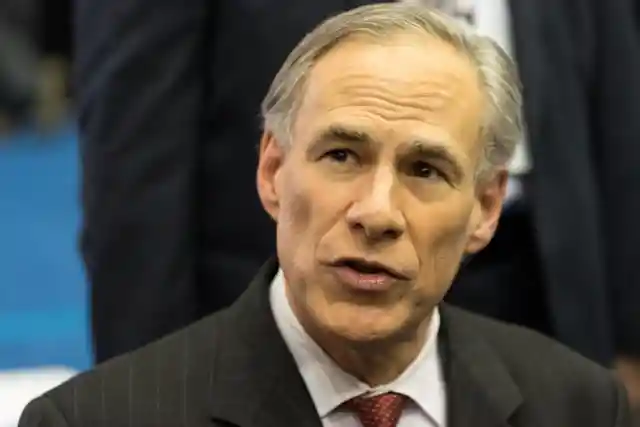
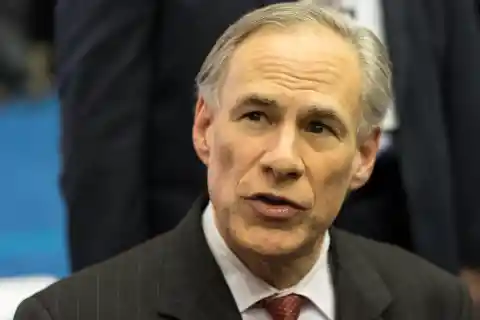
The current Governor of Texas’ political career started with a tragic accident in 1984. Abbott was jogging during a thunderstorm when an oak tree fell on him. He was hospitalized for months and has used a wheelchair ever since.
Though the recovery was grueling, and he struggled with despair, Abbott emerged from his accident motivated and determined, eventually moving on to serve on the Texas Supreme Court and as the Attorney General of Texas. He was elected Governor of Texas in 2014.
Hillary Clinton


Hillary fainted while giving a speech back in 2005, and then again in 2012, the latter time resulting in a concussion and eventually a blood clot between her brain and her skull. She’s since been taking blood thinners, in addition to synthetic thyroid hormone. None of this has stopped the 67th U.S. Secretary of State however, as she was the Democratic nominee for President of the U.S. in the 2016 election.
Tony Coelho
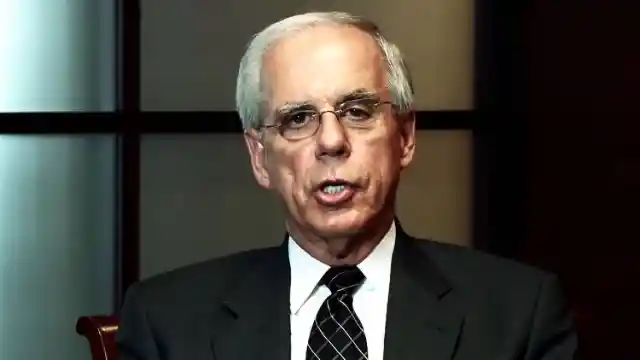
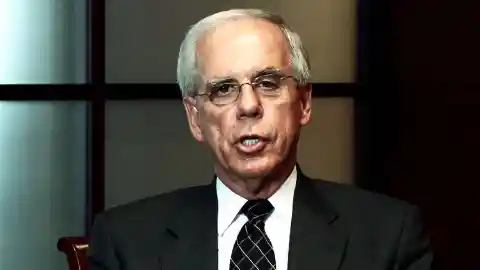
PHOTO: PARTNERSHIP TO IMPROVE PATIENT CARE/YOUTUBE.COM
Former California Congressman Tony Coelho was diagnosed with epilepsy at the age of 16. Though initially devastated, with time Coelho refused to let it inhibit his success. He successfully ran for congress in 1978, and eventually became the Majority Whip of the House of Representatives.
A major achievement was his primary authorship and sponsorship of the Americans with Disabilities Act. Coelho retired from politics in 1989, moving on to dedicate his life to helping people with disabilities. He was a founding partner of the Epilepsy Foundation, and received the Epilepsy Foundation’s 2015 Hero of Epilepsy Award.